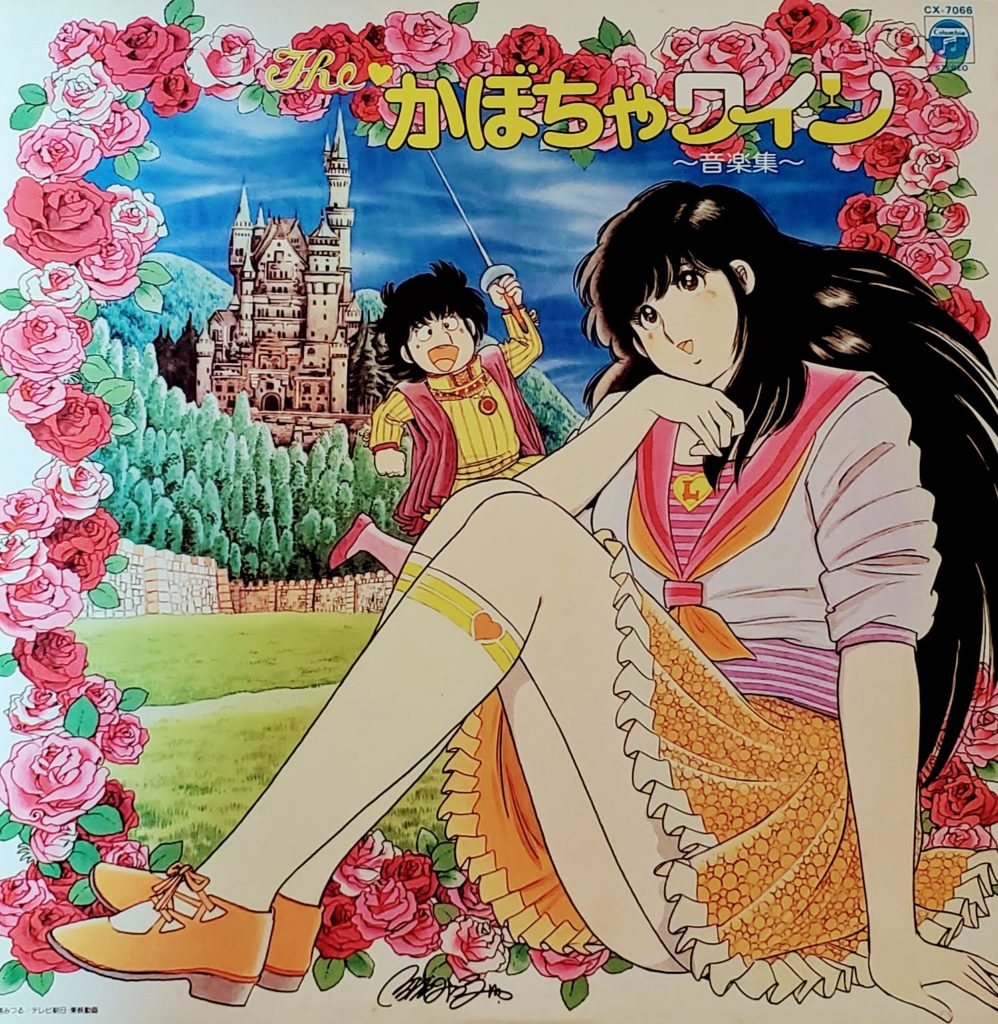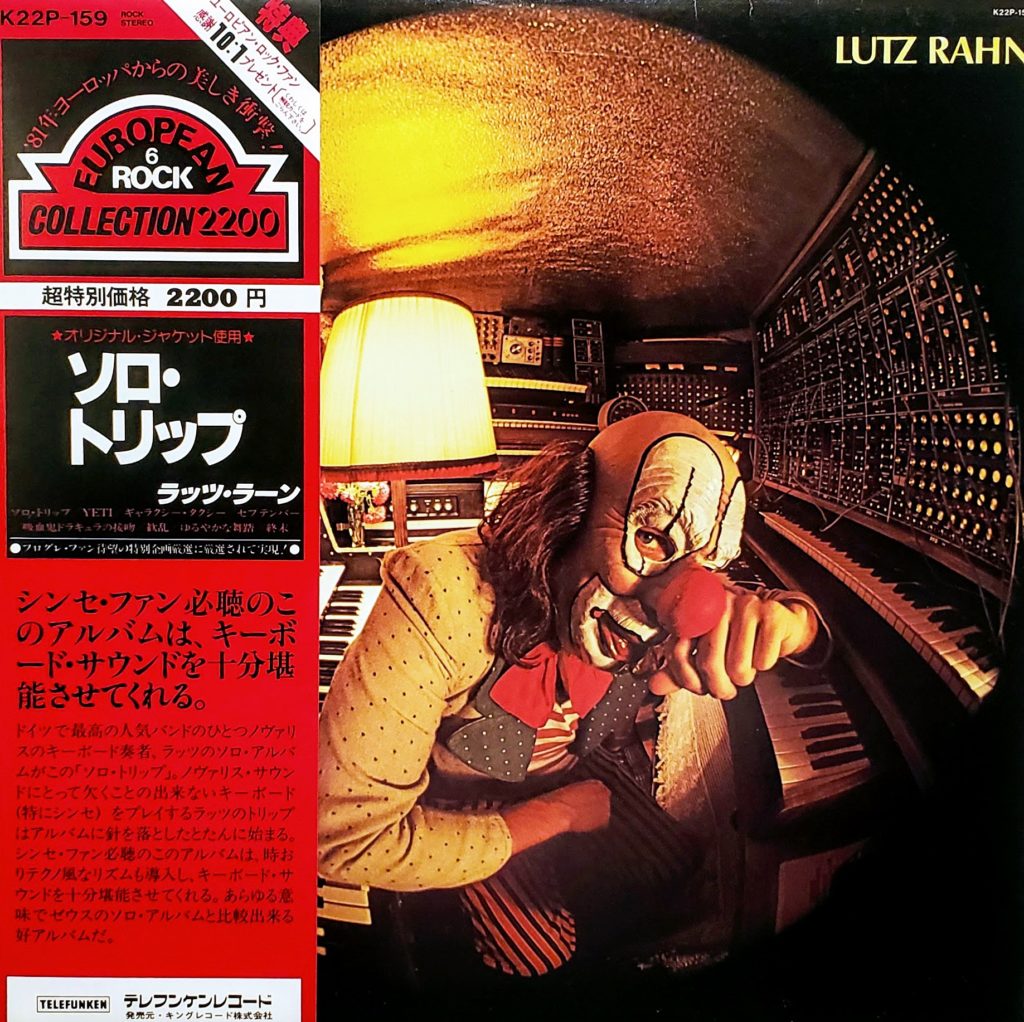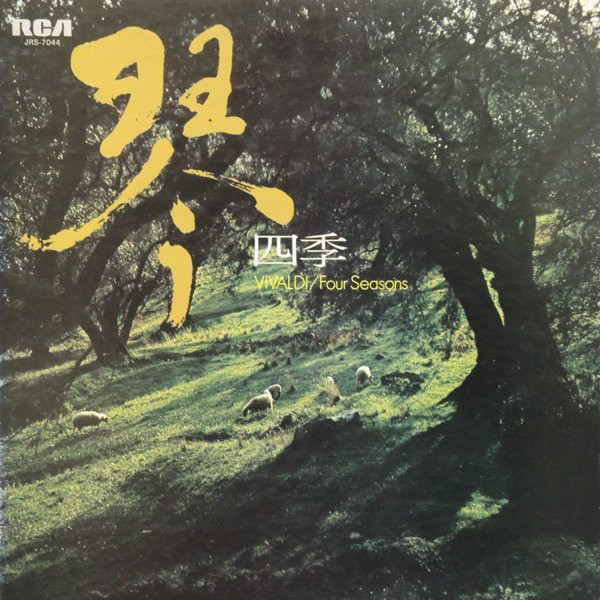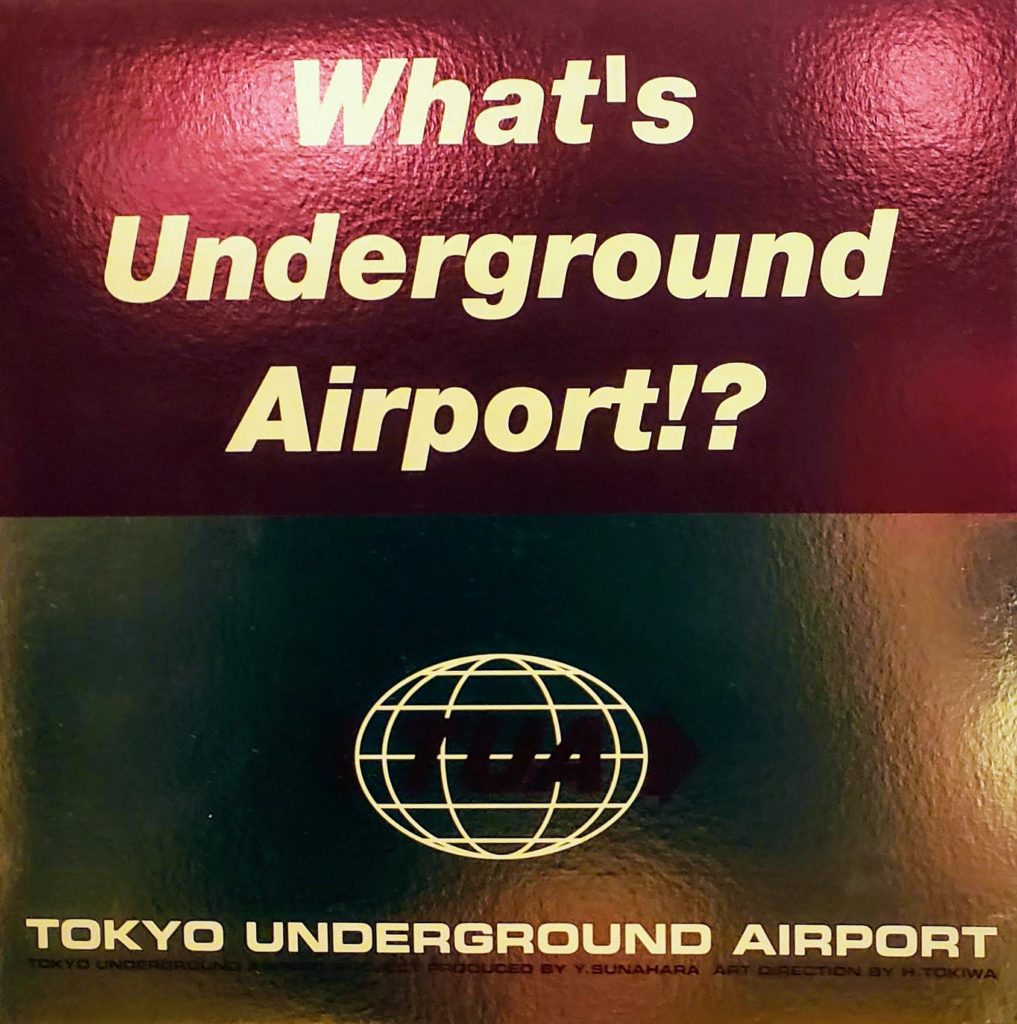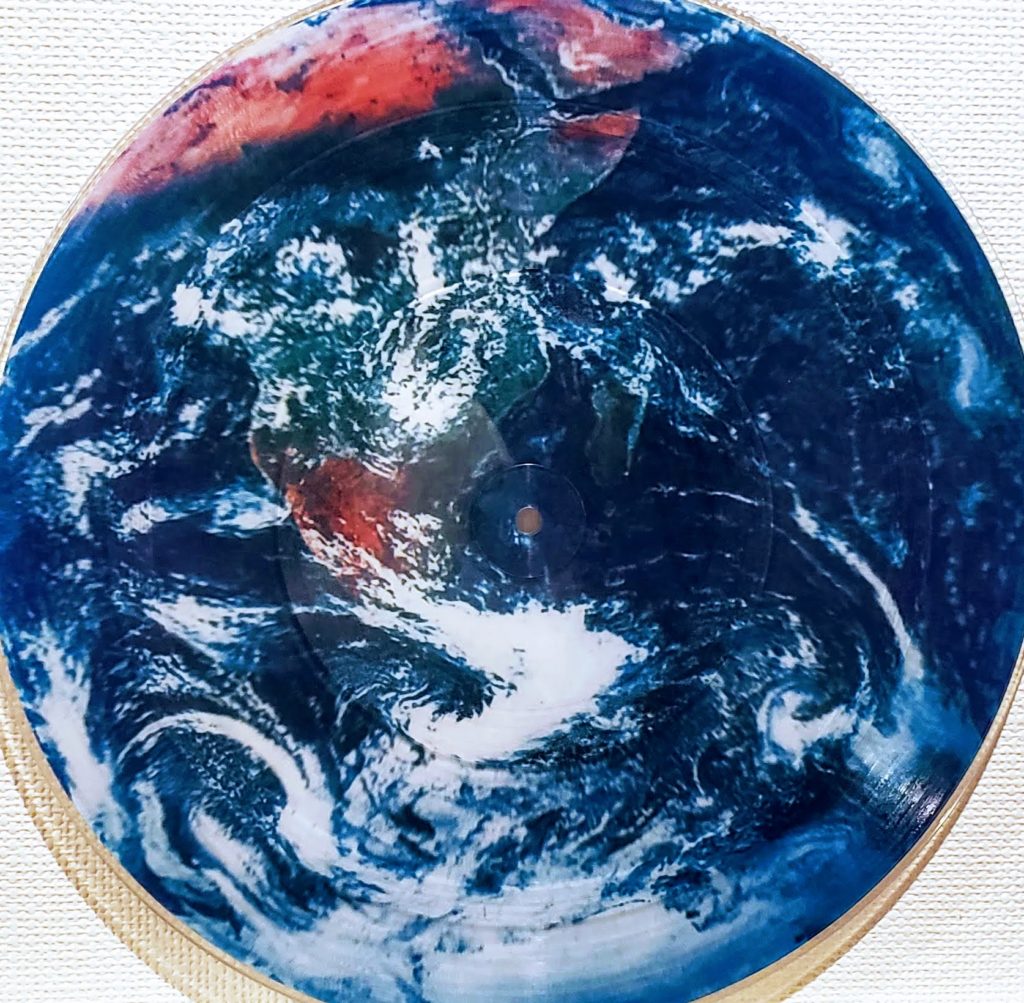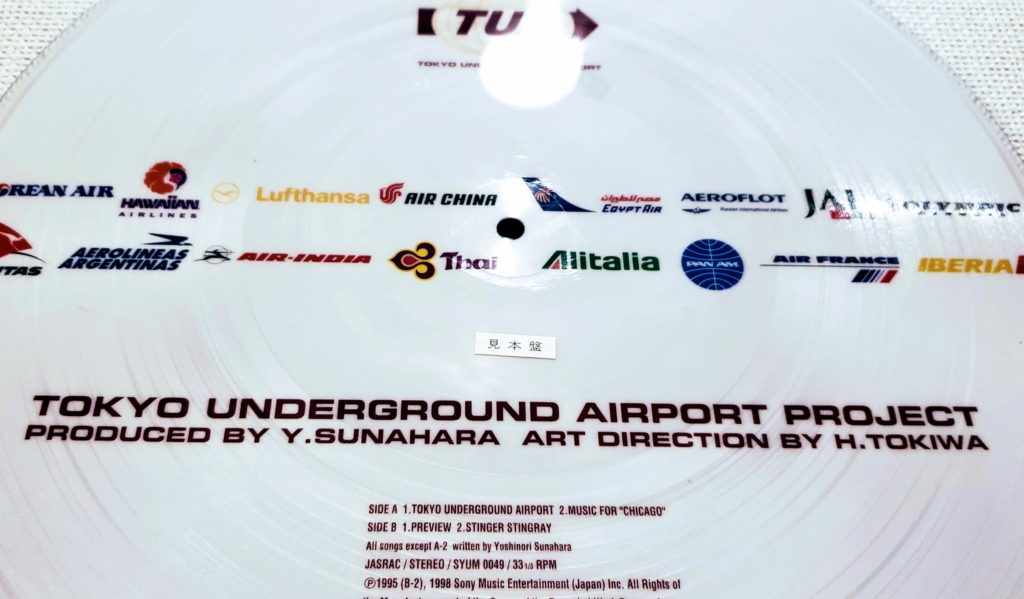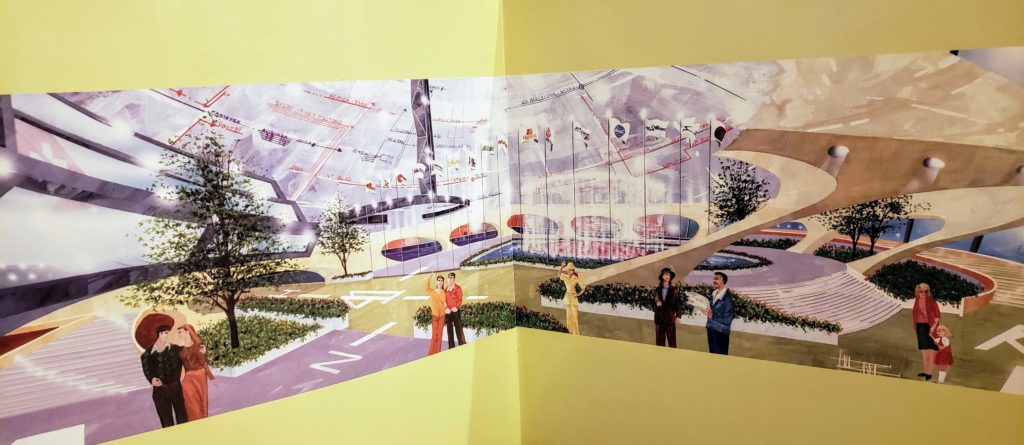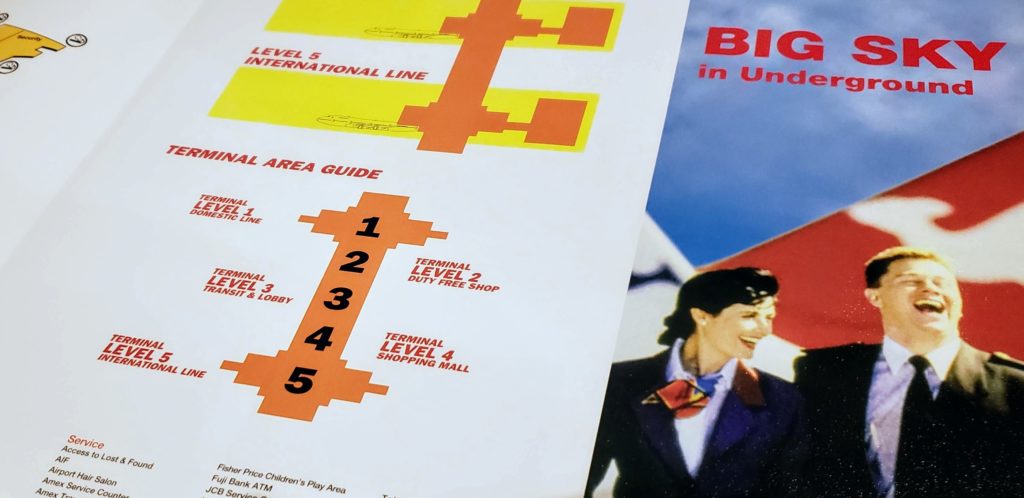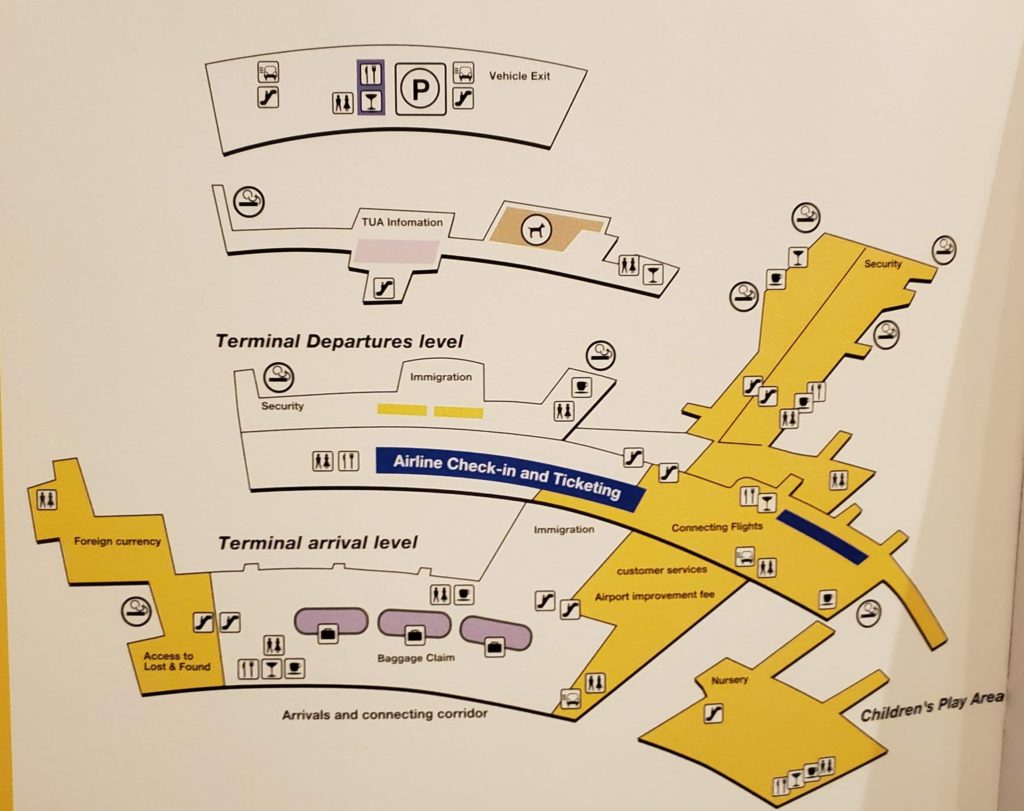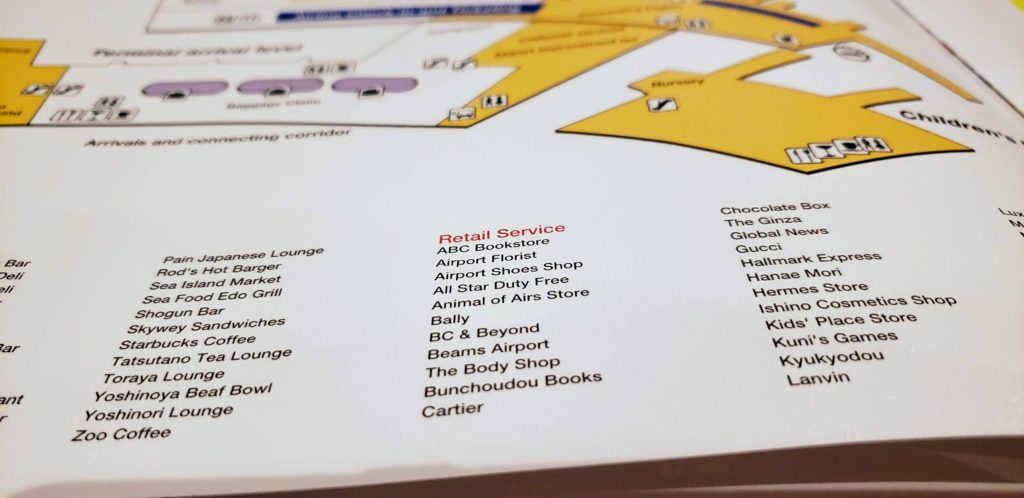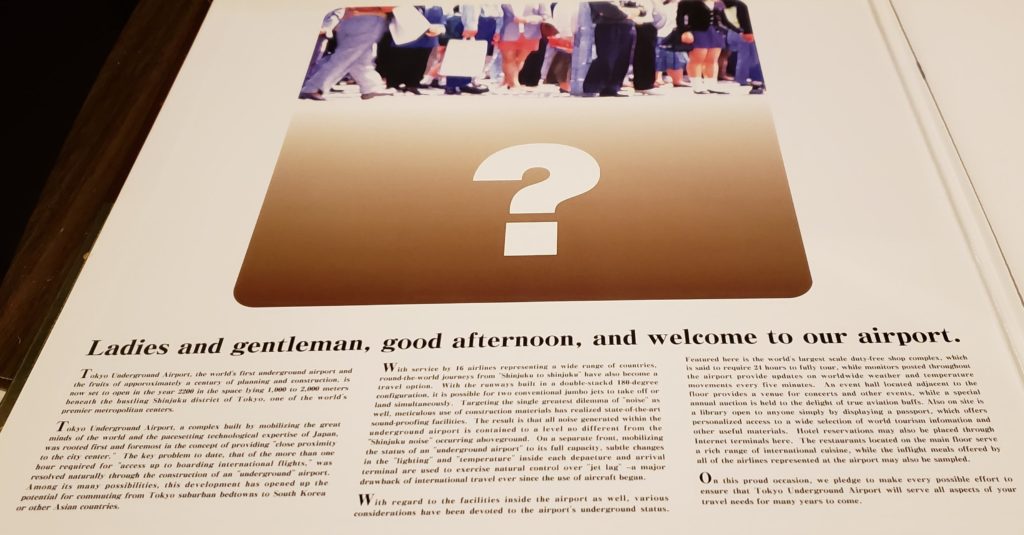It’s been a while, but tonight here is some music by an artist you might actually know the name of!
Seriously though, I got a few really nice comments on my past few more out there posts, and those do mean a lot to me! So thanks for that.
Anyways….
WE ARE DEVO.
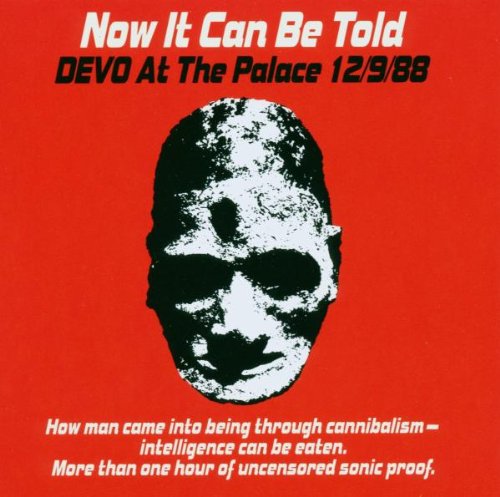
Devo
Jocko Homo (Live)
It Doesn’t Matter To Me (Live)
Going Under (Live)
Somewhere With Devo: Shout/Disco Dancer (Live)
These cuts are from the live album Now It Can Be Told: DEVO At The Palace 12/9/88. I’m going to go out on a limb and say this record has become completely forgotten in the years since its release; I had never seen it in any used store ever until I stumbled upon it a few weeks back, in the middle of nowhere at a used hardware store outside of Tokyo. And the Wikipedia page for the album was rife with typos, listing the album’s recording and release dates in the late-90s and not the late-80s…big difference. I cleaned it up a bit last night.
I suppose the lack of oversight makes sense, this album came out when Devo was a bit past their prime. It was recorded during the tour for Total Devo, an album that in itself is mostly forgotten now, and was poorly-received at the time. Critics then attacked it for being derivative of the group’s earlier (and better) work, but if Devo’s attitude on this album is any indication, they blamed their waning popularity more on changing trends (looking in hindsight, both are probably true). The first three tracks on this album (which I’m sharing here tonight) are acoustic numbers. My suspicion is that Devo was playing with the fact that acts like Tracey Chapman, R.E.M., and The Pixies were replacing acts like them on the indie/alternative charts: the synthpop-backlash was already in effect. At one point in this album Mark even says that “it takes courage to be a Devo fan these days.” This is the attitude of a band that was obviously over it.
But it doesn’t show in their performance, this is a fantastic record. While I would’ve been bummed to the laid-back acoustic version of “Jocko Homo” in concert, having this strange alternative version on my computer is a treat. And when the band cuts the acoustic charade and plugs in the synthesizers, they still sound like prime Devo. And they also still focus on material from their older albums, a rather telling sign. However, the band closes a medley of “Shout” and “Disco Dancer,” two of their more recent (and failed) singles. But both those tracks were standouts on their respective albums (“Disco Dancer” should be a fucking classic) and these epic 11 minute combination of them both is just awesome and should’ve remained a Devo set closer for their reunion tour in the 2010s, I would’ve been happy.
The public has forgotten this record and I think that Devo has too. It’s listed on their website alongside their other albums, but its never been re-issued and is not available on any digital storefront. Devo’s re-released and remastered damn near everything in their catalog over the years, and have even released other live albums since then, so I doubt them skipping this record was an unintentional oversight. Perhaps it’s a time in their career they’d wish to forget. It’s a shame, as the record is quality. If you like the tracks I’m sharing tonight, maybe consider picking it up used. It’s pretty cheap online.
Next post: strange synthy music no one has ever heard of.
Sorry.

